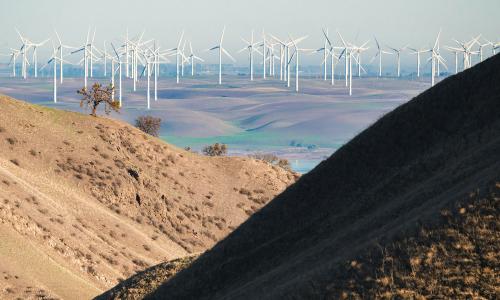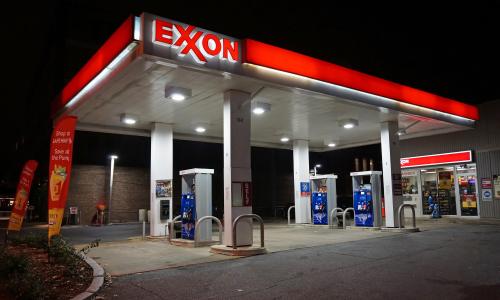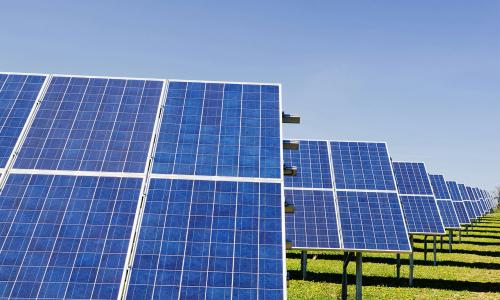A peer-reviewed article in Science of the Total Environment.
Low-income, rural frontline communities of California's Central Valley experience environmental and socioeconomic injustice, water insecurity, extremely poor air quality, and lack of fundamental infrastructure (sewage, green areas, health services), which makes them less resilient. Many communities depend financially on agriculture, while water scarcity and associated policy may trigger farmland retirement further hindering socioeconomic opportunities. Here we propose a multi-benefit framework to repurpose cropland in buffers inside and around (400-m and 1600-m buffers) 154 rural disadvantaged communities of the Central Valley to promote socioeconomic opportunities, environmental benefits, and business diversification.
Citation
Fernandez-Bou, Angel Santiago., Rodríguez-Flores, José M., Guzman, Alexander., Ortiz-Partida, J. Pablo., Classen-Rodriguez, Leticia M., Sánchez-Pérez, Pedro A., Valero-Fandiño, Jorge., Pells, Chantelise., Flores-Landeros, Humberto., Sandoval-Solís, Samuel., Characklis, Gregory W., Harmon, Thomas C., McCullough, Michael., Medellín-Azuara, Josué. 2/1/2023. Water, environment, and socioeconomic justice in California: A multi-benefit cropland repurposing framework. Science of the Total Environment. 858:3:159963
https://doi.org/10.1016/j.scitotenv.2022.159963



